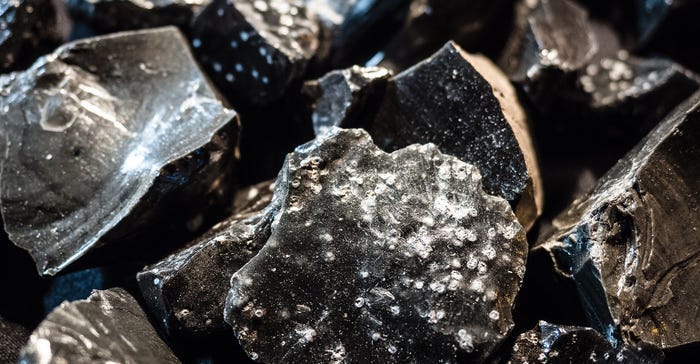US Treasury Dept. Eases IRA EV Tax Credit Allowances
EV makers now have until 2027 to comply with strict critical minerals sourcing rules—pleasing some and angering others.

The U.S. Treasury Department has unveiled revisions to electric vehicle (EV) tax credit regulations. Under the new regulations, the Treasury Department has introduced several key adjustments to the EV tax credit framework. One of the notable changes involves extending deadlines and loosening restrictions on certain battery minerals, such as graphite, which is often sourced from China.
Automakers will now have until 2027 to comply with stricter guidelines on the origin of these critical components, providing additional time for supply chain adjustments.
Furthermore, the revisions aim to streamline the process for EV buyers to access tax credits, facilitating upfront savings and incentivizing the purchase of electric vehicles.
Implications for EV makers and buyers
The Treasury Department's revisions carry significant implications for both EV manufacturers and consumers. For automakers, the extended deadlines and relaxed restrictions offer greater flexibility in sourcing components while maintaining eligibility for tax credits. This flexibility is crucial as automakers navigate the complex global supply chain landscape and strive to accelerate the transition towards electric mobility.

Pieces of graphite extracted from a mine. ISAAC74/ISTOCK /GETTY IMAGES PLUS
Similarly, for EV buyers, the streamlined process for accessing tax credits represents a tangible benefit, making electric vehicles more financially viable and attractive. By providing upfront savings, these incentives aim to spur consumer adoption of EVs and contribute to the overall growth of the electric vehicle market.
Contrasting opinions
The revisions have sparked both optimism and controversy within the automotive industry. Critics accuse the Biden administration of indirectly aiding China by relaxing restrictions on critical battery minerals. AP reporting quotes Rich Nolan, President and CEO of the National Mining Association, stating, "They did not intend for loopholes to be created that essentially amount to a blank check from the American taxpayer to China."
Furthermore, Senator Joe Manchin, as reported by Reuters, criticized the administration's approach, alleging that it "will break the law in pursuit of their goal to flood the market with electric vehicles as quickly as possible." Manchin's remarks underscore the broader geopolitical implications of dependency on foreign supply chains, particularly from countries deemed adversarial to U.S. interests.
In contrast, industry advocates such as John Bozzella, CEO of the Alliance for Automotive Innovation, view the Treasury's decision as a pragmatic step towards bolstering investment, job creation, and consumer adoption of EVs. Bozzella emphasized, "The EV transition requires nothing short of a complete transformation of the U.S. industrial base, " AP quotes him as stating. "That’s a monumental task that won’t – and can’t – happen overnight."
Seeking a delicate balance
While providing much-needed flexibility for manufacturers and incentives for consumers, the decision has ignited debates regarding national security, economic competitiveness, and environmental sustainability. Striking a delicate balance between promoting innovation and safeguarding against geopolitical risks remains paramount as stakeholders chart a course towards a greener automotive future.
About the Author(s)
You May Also Like




.jpg?width=300&auto=webp&quality=80&disable=upscale)
